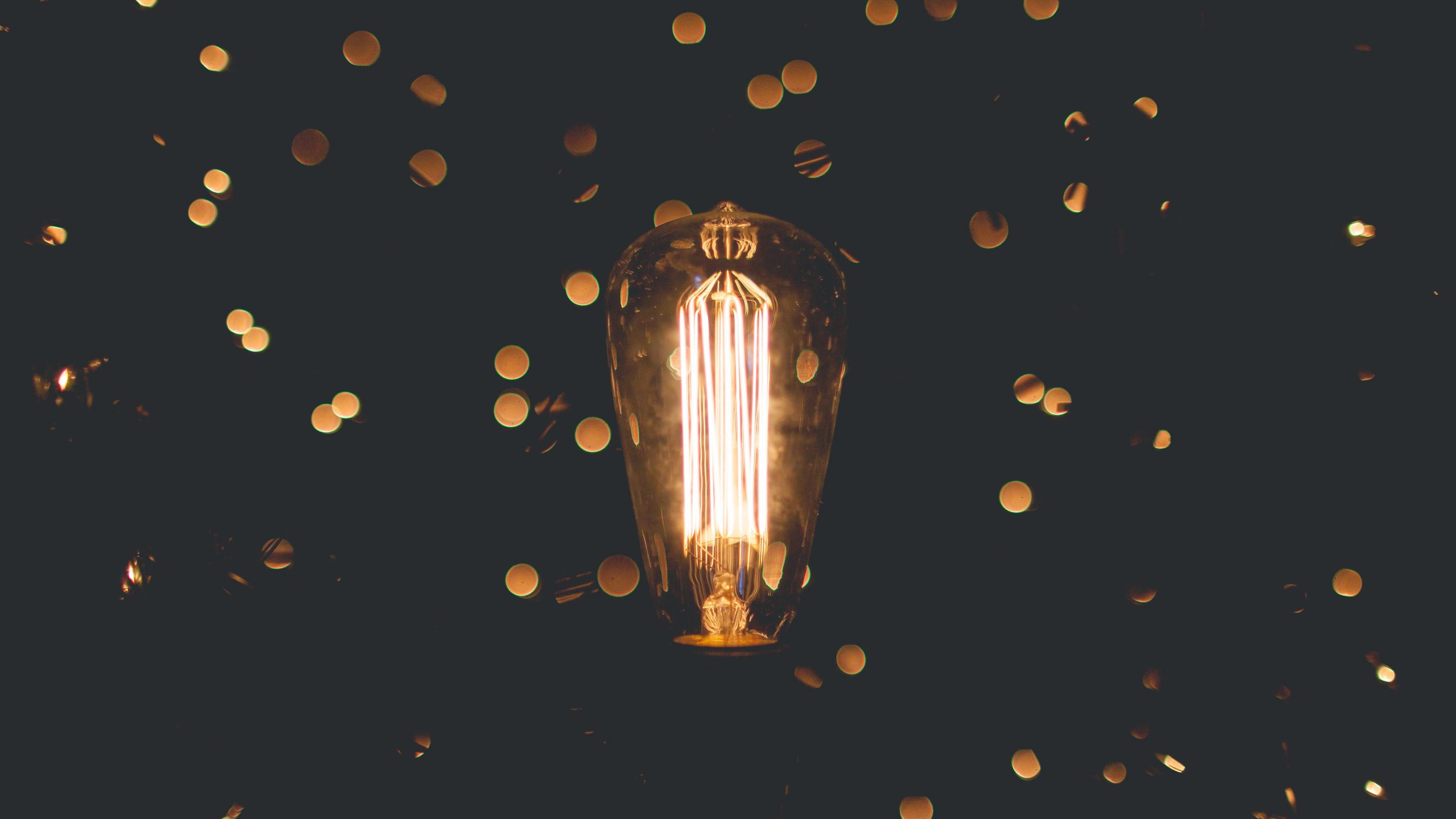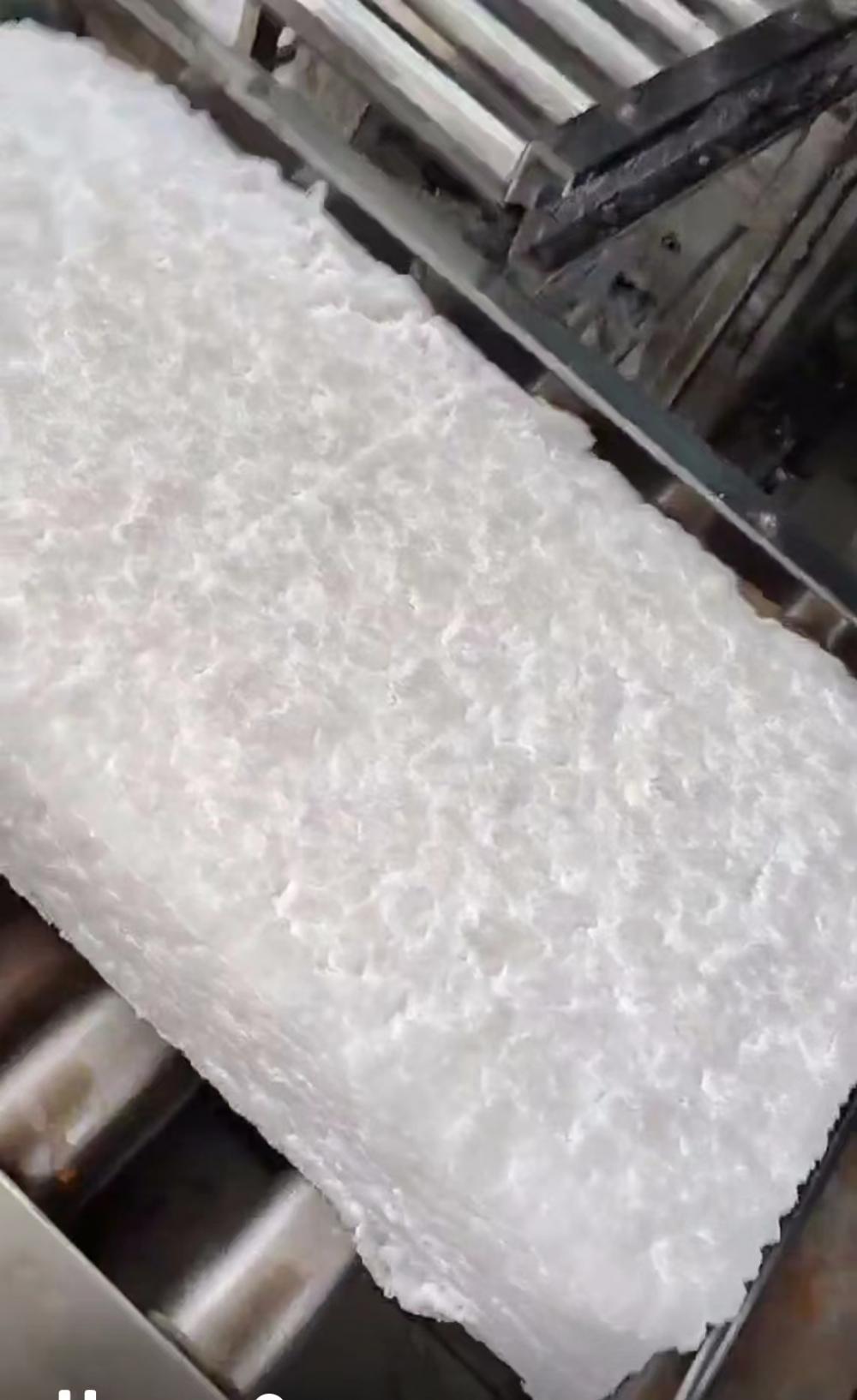For a solar panel system that performs at its peak, every component needs to be top-notch. In this latest blog post, we're diving deep into inverters, helping you pick the perfect solar panel inverter for your setup. To start with the basics, knowing what a solar inverter does is essential if you want to choose the best one. Simply put, a solar inverter is an electronic device that transforms the direct current (DC) electricity produced by solar panels into alternating current (AC). AC is the standard form of electricity used in homes for appliances and circuits. Essentially, a solar inverter makes sure your electricity is ready for use. A high-quality solar inverter plays a critical role in your solar panel system. Equipped with smart technology, it connects to your system and serves two primary functions: maximizing the energy your panels generate and converting DC to AC electricity. A solar inverter operates in three straightforward steps: Now that we've covered the basics of what a solar inverter is and how it works, let's explore the various types of inverters available today. We'll focus on three of the most common options: string inverters, microinverters, and optimized inverter systems. String inverters have been around for quite some time. With this type of inverter, solar panels are grouped into strings, and each string is connected to a single inverter that converts DC to AC. Pros: Cons: Microinverters are increasingly popular for residential solar systems. These inverters are attached directly to each solar panel, converting DC to AC right on the roof. Pros: Cons: Another option is an optimized inverter system, which combines string inverters with power optimizers to maximize your solar panel performance. Similar to microinverters, power optimizers are installed on each panel, offering many of the same benefits. The main difference is that power optimizers work alongside a string inverter, sending DC electricity to the inverter for conversion to AC. With power optimizers, you can usually monitor the performance of each panel via an online portal. While the complexity may seem to grow, understanding the energy output of your solar inverter is crucial. Typically, inverters produce one of three types of energy: It's time to narrow down your choices and find the perfect solar inverter for your needs. There's no one-size-fits-all solution, as there are numerous types, brands, sizes, and models available. Consulting a solar expert can help, but here are some key factors to consider: Safety Certification First and foremost, ensure your chosen inverter is certified by an independent lab. Safety is paramount. Budget Your budget will heavily influence your decision. While affordability matters, don't overlook efficiency, durability, and your specific needs. Our knowledgeable team can guide you toward products that fit your budget and requirements. Size Capacity To make an informed decision, determine how much energy you aim to generate from your panels. Consider opting for an inverter with slightly higher capacity than needed to account for potential system losses. Efficiency Inverter efficiency is measured by the ratio of output power to input power. Achieving 100% efficiency is challenging due to various influencing factors. Warranty and Service High-quality inverters can last up to 20 years with minimal maintenance. Still, a solid warranty and excellent customer service are vital in case issues arise. Often, inverters come as part of a complete solar installation, so choose a reputable company offering strong warranties and support. Expandability If you plan to expand your solar system in the future, this factor is crucial. A maximum power point tracking inverter might be ideal for scalability. Selecting the best solar inverter can feel daunting, but it's a critical step in optimizing your solar panel system. Remember, a reliable inverter ensures you fully benefit from your solar panels. As always, our team is here to assist with any questions or concerns about your solar system.
Selling large quantities of synthetic rubber and specialty rubber. Multiple global manufacturers have cooperated with us at affordable prices.
Synthetic Rubber,Rubber Products,Styrene Butadiene Rubber,Polybutadiene Rubber Jiangsu Junfeng New Material Co., Ltd. , https://www.junfengtirebladder.com
What Exactly Is a Solar Panel Inverter?
The Role of a Solar Panel Inverter
How Does a Solar Panel Inverter Work?
String Inverters
Microinverters
Optimized Inverter Systems
Solar Inverter Energy Output
Choosing the Best Solar Panel Inverter for You
